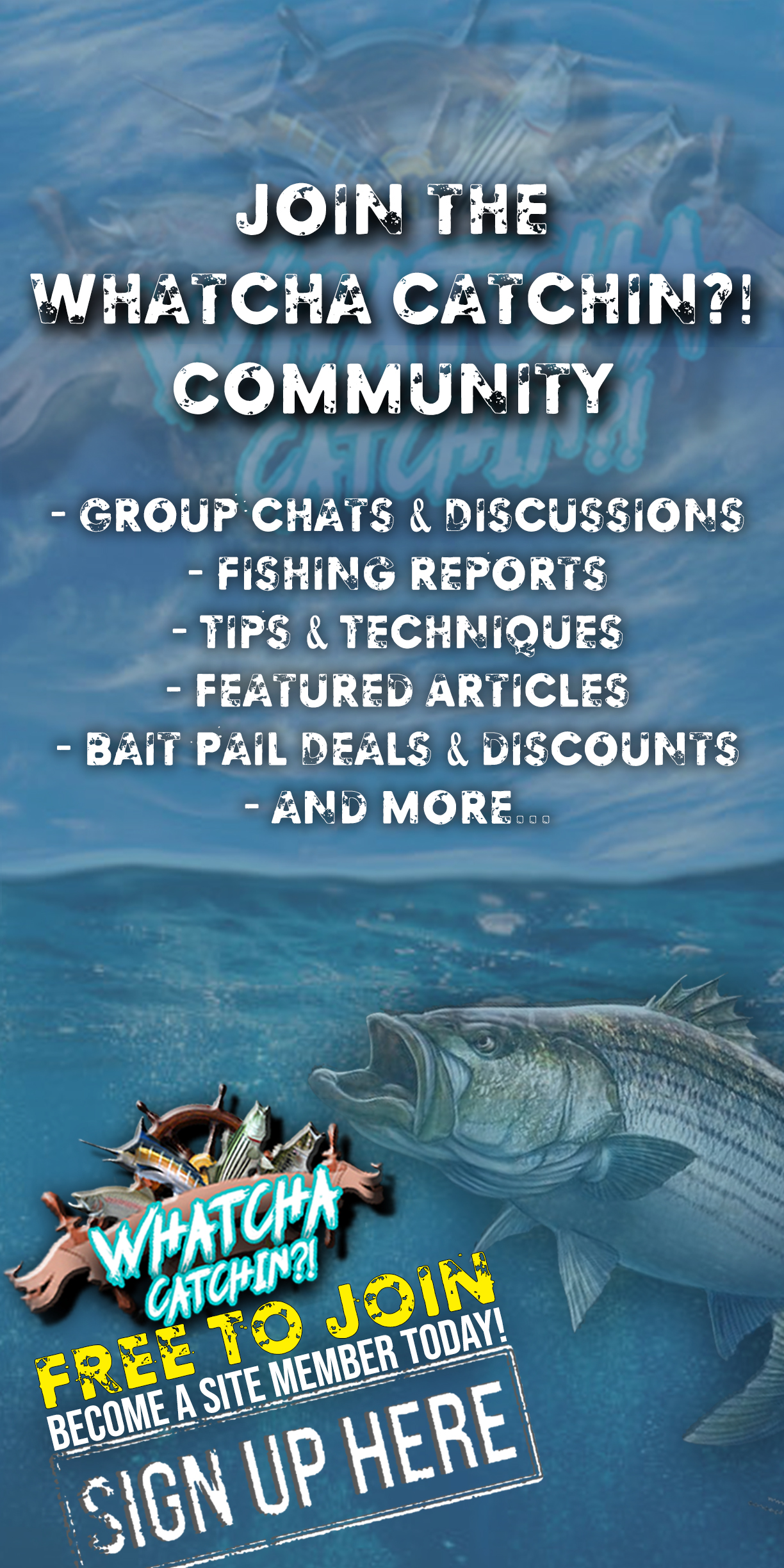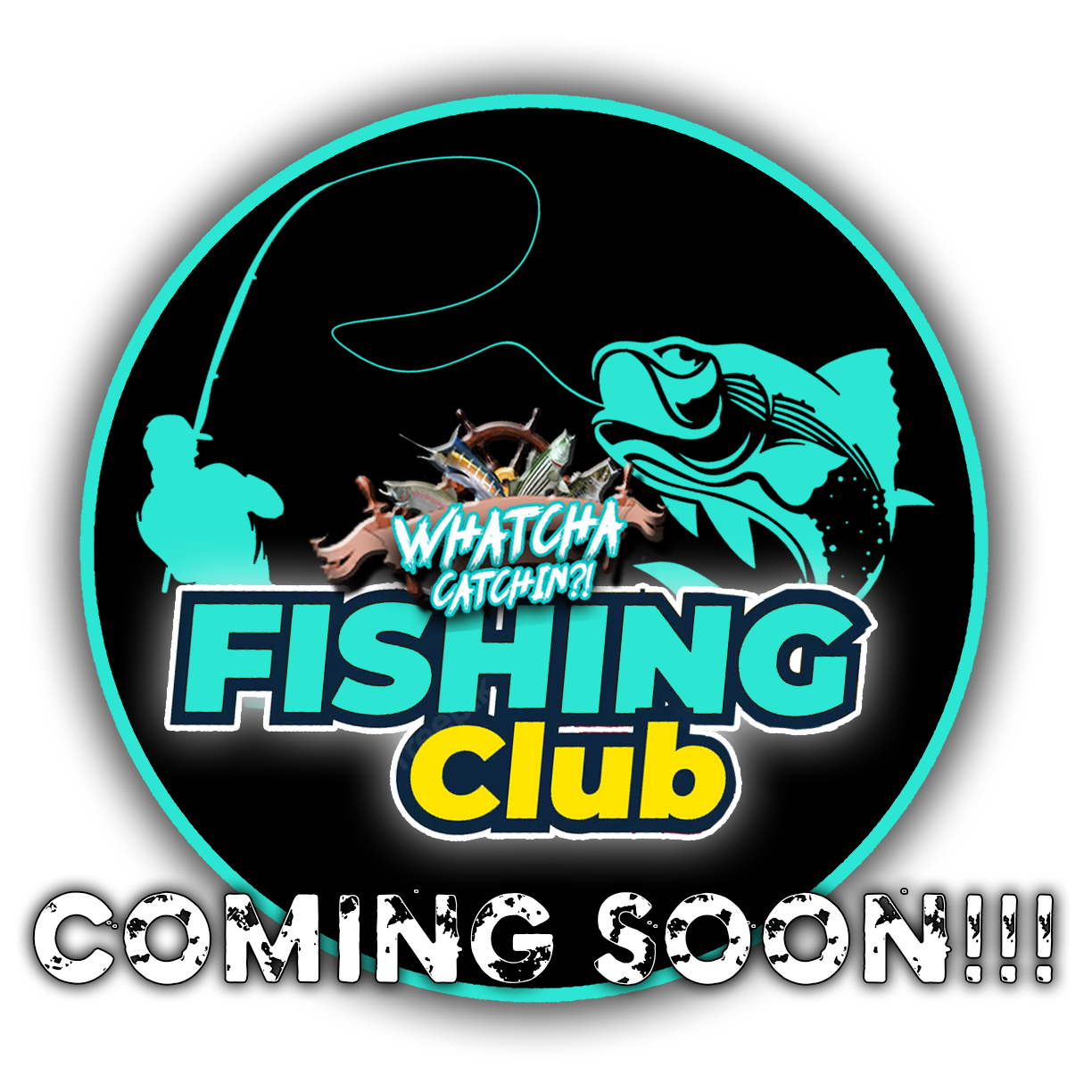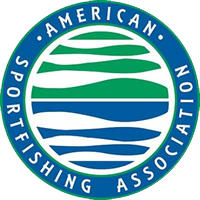OLYMPIA – The Washington Department of Fish and Wildlife (WDFW) announced today the approach for this year’s halibut fishing season, which will kick off Thursday, April 7 in some Puget Sound areas.
The 2022 season is structured similarly to last season except for an earlier start in the eastern portion of the Puget Sound region (Marine Areas 6 – 10).
“An earlier opening in the Puget Sound region builds on the input we’ve been hearing from stakeholders in recent years” said Heather Hall, WDFW intergovernmental fisheries policy manager. “The earlier start and consecutive open days per week provide anglers with more opportunity to access the quota for that area.”
Similarly, WDFW has structured seasons for the coastal areas to reflect angler preferences, opening on Saturdays in the north coast (Neah Bay and La Push) and Sunday on the south coast (Westport). The opening in the Columbia River subarea reflects requests that season dates overlap with those on the south coast (Westport).
The season is based on statewide quota of 294,786 pounds. The annual catch quota is the result of a fixed allocation that the International Pacific Halibut Commission (IPHC) approved in January for fisheries in Washington, Oregon, and California.
This approach, which has been in place since 2019, will allocate a total of 1.45 million pounds to halibut fisheries off the coast in 2022. The consistent annual allocation provides stability for recreational fisheries from year to year.
In all marine areas open to halibut fishing, there is a one-fish daily catch limit and no minimum size restriction. Anglers may possess a maximum of two fish in any form while in the field and must record their catch on a WDFW catch record card. There is an annual limit of four halibut.
Season details are listed below. Anglers are reminded that because halibut fisheries are managed to a quota, areas will close when the quota is projected to be taken.
Anglers should check the WDFW website to ensure a specific area is open prior to fishing. Complete information on recreational halibut regulations and seasons at wdfw.wa.gov/fishing/regulations/halibut.
2022 Puget Sound halibut seasons
- Sekiu and Pillar Point (Marine Area 5) will open May 5, 7, 12, 14, 19, 21, 27, 28, 29, June 2, 3, 4, 9, 10, 11, 16, 17, 18, 23, 24, 25, 30
- Eastern Puget Sound (Marine Areas 6 -10) will open April 7, 8, 9, 14, 15, 16, 21, 22, 23, 28, 29, 30, May 5, 6, 7, 12, 13, 14, 19, 20, 21, 27, 28, 29, June 2, 3, 4, 9, 10, 11, 16, 17, 18, 23, 24, 25, 30 as long as there is sufficient quota.
- Tacoma-Vashon Island, Hood Canal and South Puget Sound (Marine areas 11, 12, and 13) are closed to halibut fishing to protect threatened and endangered rockfish species.
- Puget Sound will be managed to an overall quota of 83,210 pounds.
2022 Pacific Coast halibut seasons
- Columbia River (Marine Area 1): The all-depth fishery opens Thursday, May 5, 8, 12, 15, 19, 22, 26, June 2, 5, 9, 12, 16, 19, 23, 26, 30, if there is sufficient quota. The nearshore area opens to fishing May 9 on a Monday-through-Wednesday schedule. Coordinates for the nearshore fishery are available at wdfw.wa.gov/fishing/regulations/halibut/columbia-river. The all depth fishery will be managed to 19,037 pounds; the nearshore quota is 500 pounds.
- Westport (Marine Area 2): The all-depth fishery opens Thursday, May 5, 8, 12, 15, 19, 22, 26. If sufficient quota remains the all-depth fishery will open June 16, 19, 23, and 26 depending on available quota. If there is remaining quota, the northern nearshore area will open on the Saturday after the all-depth fishery closes and will continue seven days per week until the overall quota is taken. Coordinates for the nearshore fishery are available at wdfw.wa.gov/fishing/regulations/halibut/south-coast. This area will be managed to an overall quota of 68,555 pounds.
- Neah Bay and La Push (Marine areas 3 and 4) will open May 5, 7, 12, 14, 19, 21, 27, and 29, June 2, 4, 9, 11, 16, 18, 23, 25, and 30, as long as there is sufficient quota. The combined quota for both areas is 133,847 pounds.
Fishing regulations include depth restrictions and area closures designed to reduce encounters with yelloweye rockfish, which must be released under state and federal law. Anglers are reminded that a descending device must be on board vessels and rigged for immediate use when fishing for or possessing bottomfish and halibut.
Information about descending devices can be found on WDFW’s webpage at wdfw.wa.gov/species-habitats/at-risk/species-recovery/rockfish.
The Washington Department of Fish and Wildlife works to preserve, protect and perpetuate fish, wildlife and ecosystems while providing sustainable fish and wildlife recreational and commercial opportunities.










